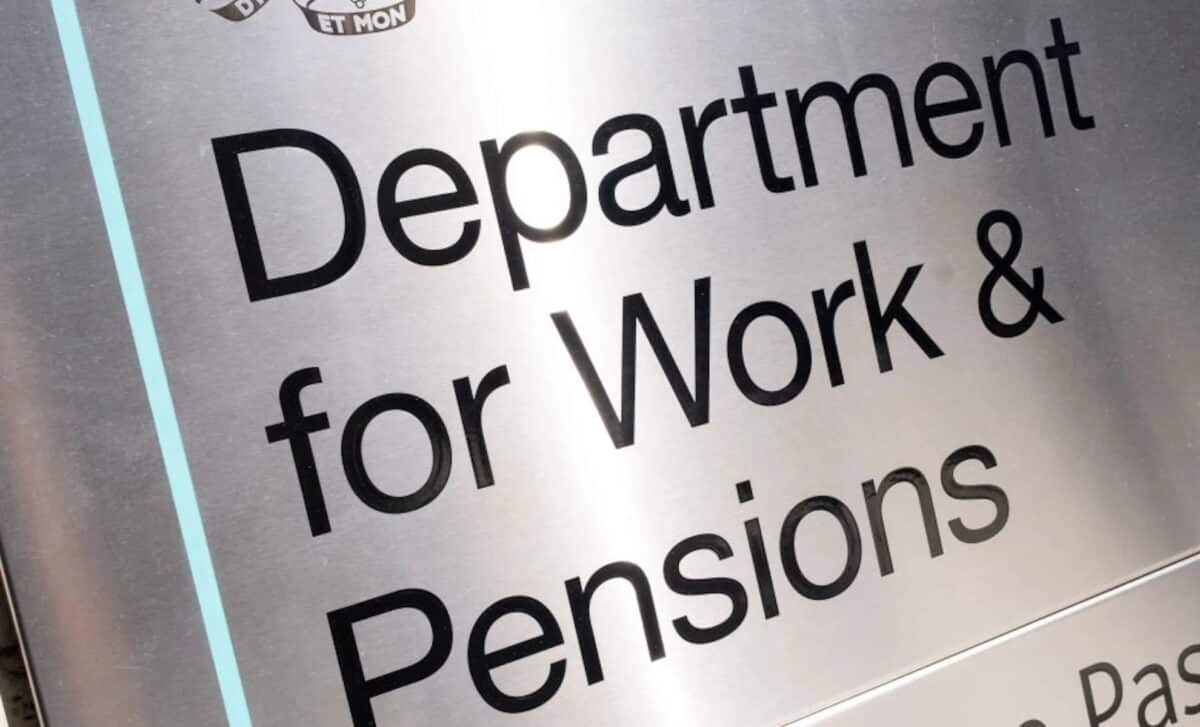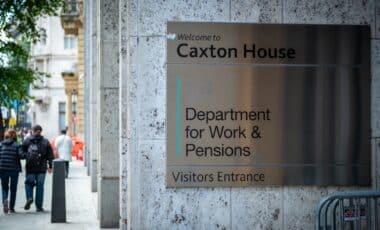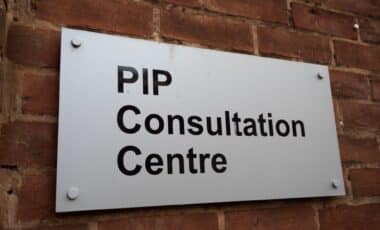The issue centres on the CMS’s “collect and pay” system, where child maintenance payments are automatically deducted from wages or benefits. While the government highlights the system’s success in enforcing compliance, campaigners say it unfairly targets society’s most vulnerable.
DWP : Rising Fees and Increasing Dependency on CMS
Parents are increasingly adopting the collect and pay service, according to DWP data. 289,300 parents were enrolled by September 2023, a considerable rise from the 54,400 parents enrolled in 2015. This increase is explained by the service’s increasing use to compel maintenance payments in non-compliance cases. A 24% surcharge is included in the fees, which have been criticized for depriving children of financial help.
Advocacy groups argue that the system disproportionately impacts families already struggling with poverty. According to the Coparent Coalition, a campaign group supporting separated families, two-thirds of parents in arrears under the CMS scheme do not earn enough to pay income tax. Over half of those enrolled rely on state benefits. The coalition contends that these fees exacerbate financial difficulties, labelling them as an unfair burden on families least equipped to pay.
Government Defends the System’s Impact
Despite the backlash, the DWP defends the collect and pay system as a necessary tool to ensure children receive the financial support they need. In the 12 months leading up to March 2024, the CMS facilitated over £1.4 billion in child maintenance payments. According to the department, the system allows for quicker enforcement actions against non-compliance, ensuring that payments reach children promptly.
A spokesperson for the DWP stated: “The government is committed to ensuring children get the support they need to have the best start in life.” While campaigners acknowledge the importance of compliance, they argue that the financial penalties imposed on struggling families undermine the CMS’s core mission of supporting children.
As a reminder, the Child Maintenance Service (CMS) is a government program that helps separated parents manage financial arrangements for their children’s living costs. Parents can either come to private agreements or rely on the CMS to calculate, collect, and enforce payments.
The CMS also resolves parentage disputes, ensures compliance with maintenance obligations, and provides support in sensitive cases, such as protecting parents experiencing domestic abuse. Importantly, child maintenance payments do not impact benefits like Universal Credit and are tax-free.









